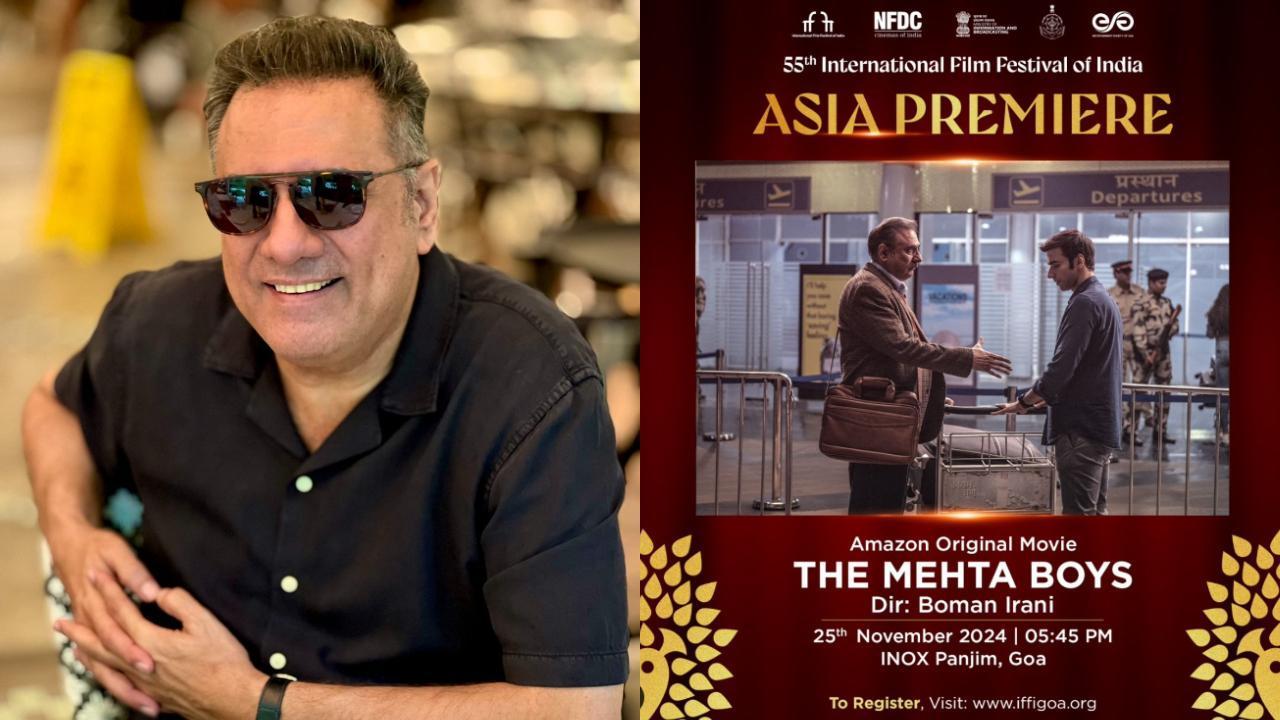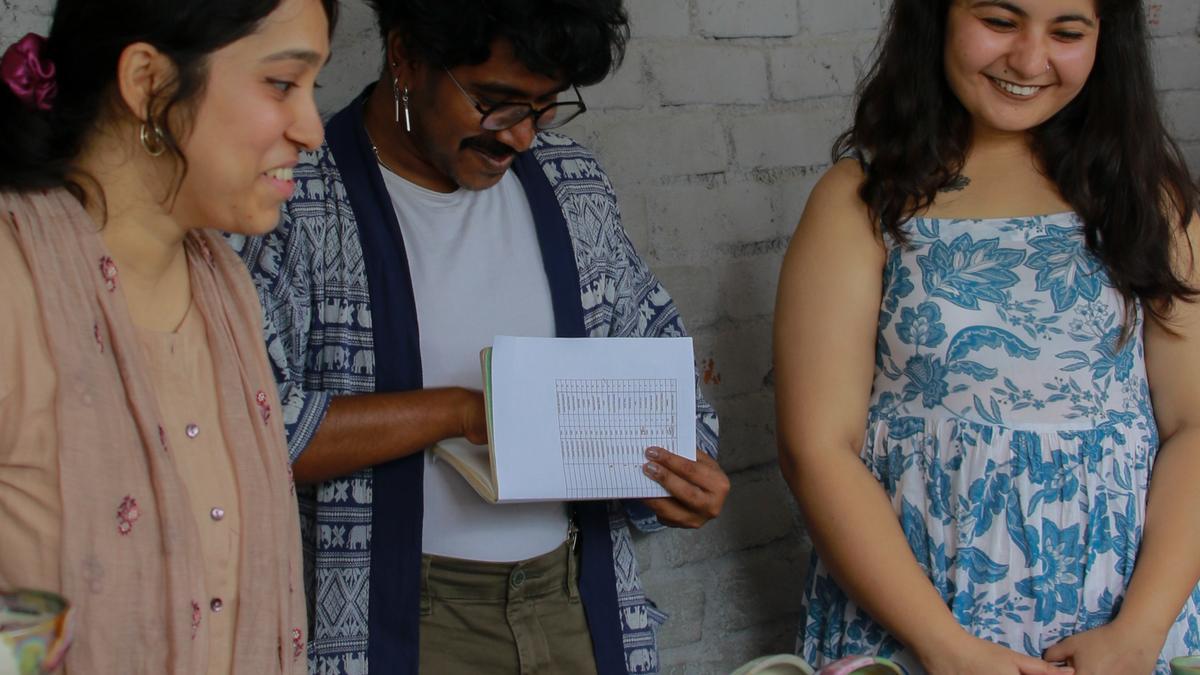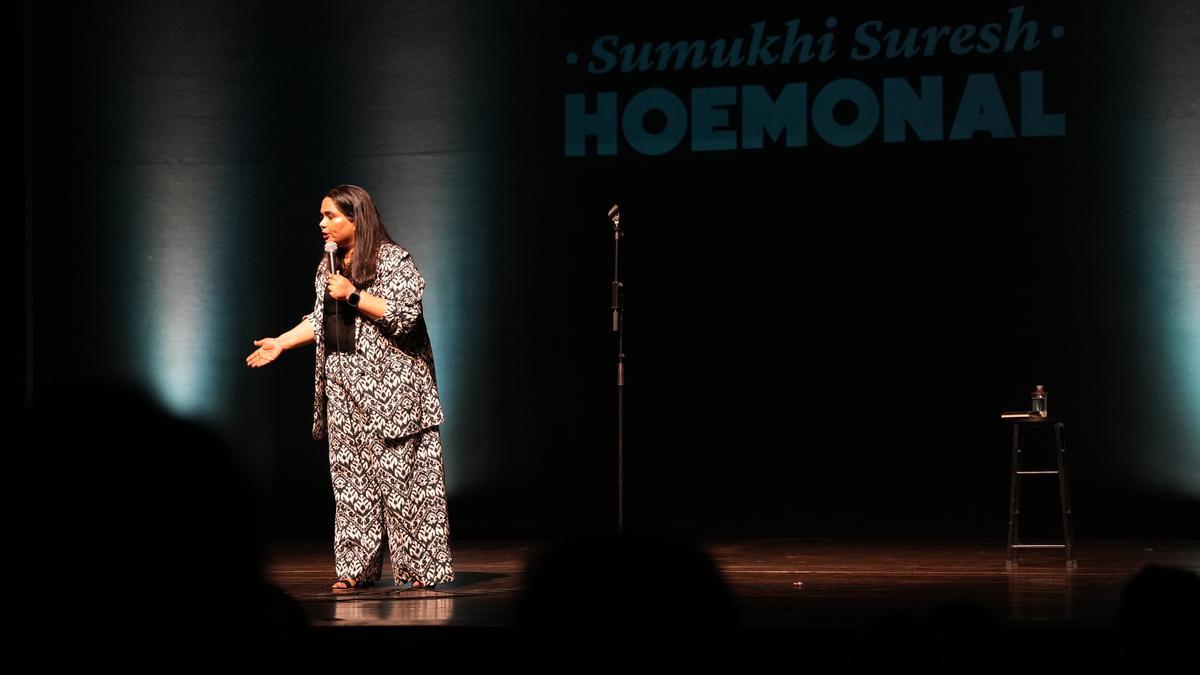
In recent days, the tragic car crash in Pune that resulted in the unfortunate death of two engineers has ignited widespread public outrage. Adding to the discourse, renowned comedian and Bigg Boss 17 winner Munawar Faruqui has offered his perspective on the matter, using his popular social media platform to comment on the incident and the subsequent legal proceedings.
Munawar Faruqui, widely admired for his shayaris and stand-up comedy, took to his X account yesterday to express his views. In a series of tweets, Faruqui addressed the case involving a 17-year-old driver who caused the fatal accident while allegedly under the influence of alcohol and driving a Porsche. The comedian subtly critiqued the lenient handling of the case by authorities.
In one of his tweets, he remarked, “Woh Porsche kharid sakta hai, toh baaki cheezein bhi kharid hi li hongi.” Translated to English, it suggests, “If one can afford to buy a Porsche, they can afford to buy other things too.” Faruqui’s tweet pointed towards the inequality in justice dispensation, hinting that wealth could influence judicial decisions.
“Woh Porsche kharid sakta hai,Toh baaki cheze bhi kharid hi liya hog na.”
— Munawar Faruqui (@munawar0018) May 23, 2024
The escalation began when the Juvenile Justice Board’s swift decision to grant bail to the accused teenager within just 15 hours of the accident drew sharp criticism. The conditions of his bail, which only required the accused to write an essay and assist traffic police for some time, were seen as disproportionately lenient, especially given the severity of the consequences of his actions. The public’s backlash was immediate, with many venting their frustrations through social media and creating memes that criticized the justice system.
In another tweet, Munawar Faruqui drew a contrast between his own teenage years and the privileges enjoyed by the accused. He wrote, “When I was 17, I had a Nokia 1100 with 2 rubber bands.” This reference to the modesty of his youth stood in stark comparison to the Porsche-driving teenager. It underscored a narrative of socio-economic disparity influencing experiences and, possibly, judicial outcomes.
“When i was 17 i had nokia 1100 with 2 rubber bands.
.”
— Munawar Faruqui (@munawar0018) May 23, 2024
Beyond the context of the tragedy, Munawar Faruqui’s recent professional milestones provide some background into his current public role. Faruqui recently emerged victorious in the television reality show Bigg Boss 17, earning a substantial cash prize of Rs 50 lakh. His rise to fame started with winning another popular reality show, Lock Upp, hosted by Bollywood actress Kangana Ranaut.
After his success on Bigg Boss, Faruqui ventured into music, collaborating with Hina Khan on a music video titled ‘Halki Halki Si’. Despite rumors about his participation in another reality show, ‘Khatron Ke Khiladi 14’, it appears that plans fell through. However, the multi-talented performer has continued to advance his career by releasing a new song, Dhando, marking his first musical endeavor since leaving the Bigg Boss house.
The focus remains, however, on the tragic incident in Pune and the controversial decisions that followed. The court of public opinion seems unimpressed with the legal actions taken so far. Calls for stricter judicial accountability have gained momentum as the public reacts to what they perceive as a miscarriage of justice.
Legal experts, activists, and everyday citizens have voiced their concerns over the broader implications of this case. Many argue that it sends a dangerous precedent to society, where financial privilege may seemingly overshadow the need for equitable justice. The Juvenile Justice Board’s decision to release the young driver under lenient conditions is now under scrutiny, prompting debates about India’s juvenile justice laws and their implementation.
As the public grapples with these questions, Munawar Faruqui’s comments have amplified the collective unease and highlighted the disparities that could exist in the judicial system. His poignant remarks have rallied support and brought more attention to the conversation about wealth, power, and justice in contemporary India.
This incident and the surrounding discourse continue to unfold, capturing national attention and prompting a re-evaluation of the legal measures and societal values at play. Faruqui’s insightful yet critical observations remind us of the broader consequences of allowing wealth to unduly influence justice, thereby advocating for a fairer and more equitable society.










